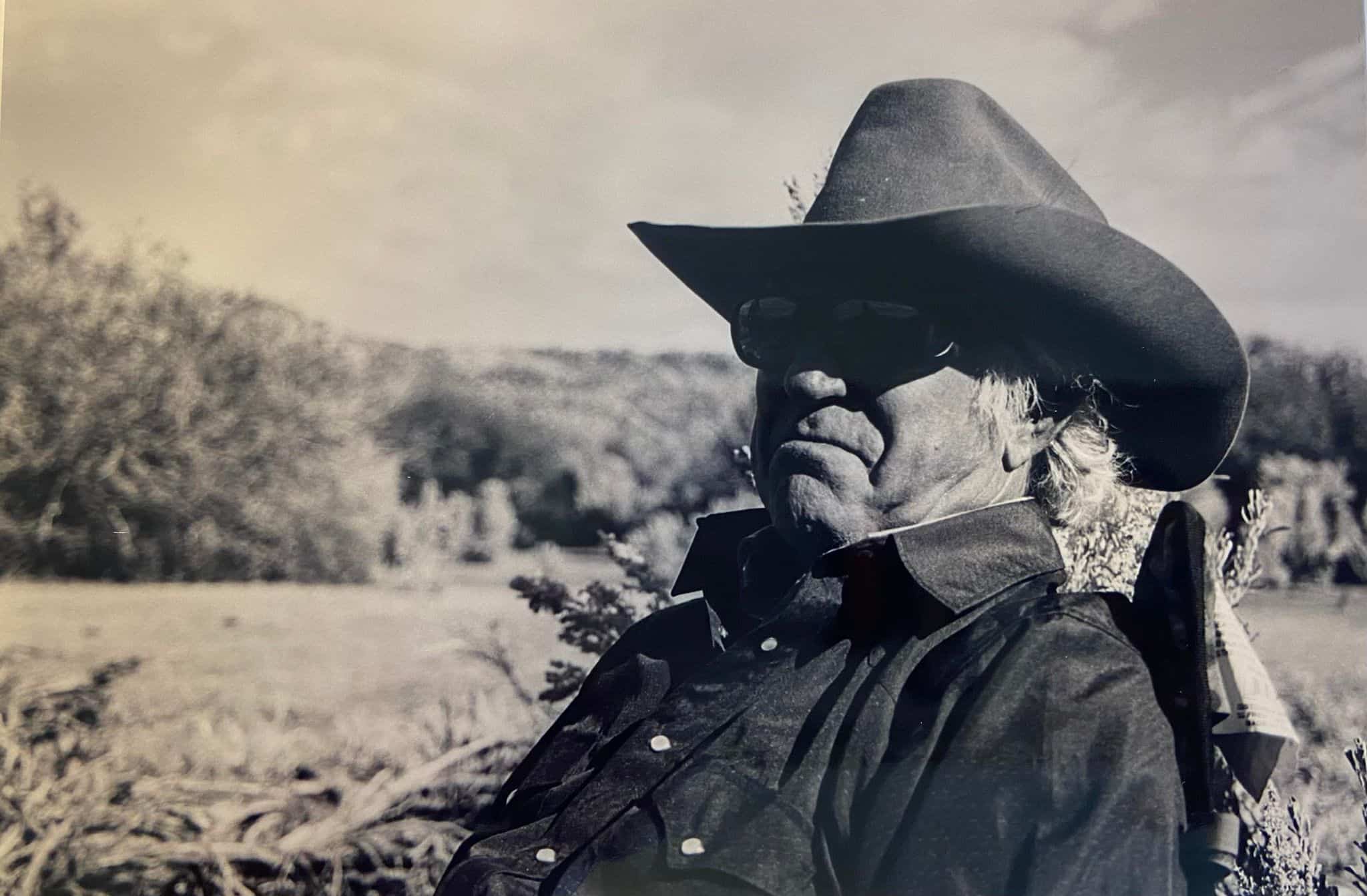Post-Foaling Problems In Mares
Birth of a foal in the spring is a wondrous event for many reasons. Foremost, the foal is usually the embodiment of hopes and dreams, whether it is born as one of many at a large commercial stable or if it is the only arrival for the year at a private farm. Second, it is a wondrous event from a medical point of view because it represents fruition of a process that began with the mare’s being bred to a stallion and continued for 11 long months with numerous potential obstacles that could have terminated the pregnancy along the way.
Unfortunately, the birth of the foal is not the end of the problem era. There can be many more difficulties waiting in the wings. The first concern at birth is the foal itself. Is it strong and healthy? Will it stand and nurse and thus obtain the all-important colostrum? How about its limbs? Are they free from deformity? Is it breathing well? Is it suffering from septicemia? Is there a strong heartbeat? The list goes on.
Next on the concern list immediately after foaling is the mare. Did she come through the short, but almost violent birthing process unscathed? Or are we facing some post-foaling problems that could compromise her health, her ability to conceive again, or even threaten her life? Again, the list goes on.
The problems that can afflict a mare in the wake of foaling are many and varied. Some are relatively benign, such as an inability to produce enough milk for the foal. Although benign when compared to medical emergencies, this problem can have serious consequences, economic and otherwise. Other post-foaling problems border on the catastrophic, as might be the case with a ruptured uterus or internal hemorrhaging
Create a free account with TheHorse.com to view this content.
TheHorse.com is home to thousands of free articles about horse health care. In order to access some of our exclusive free content, you must be signed into TheHorse.com.
Start your free account today!
Already have an account?
and continue reading.

Written by:
Les Sellnow
Related Articles
Stay on top of the most recent Horse Health news with












